CIE IGCSE Computer Science Resources
Topic 1
Data Representation
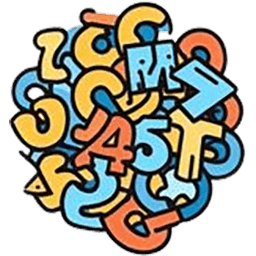
Learn about the three key number systems used in computer science, namely binary, denary and hexadecimal. Also explore how these number systems are used to measure the size of computer memories and storage devices, together with how text, sound and images can be represented digitally.
Topic 2
Data Transmission
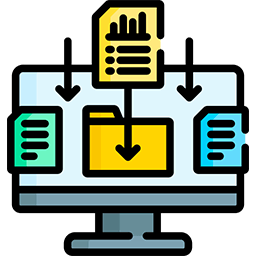
Learn about the key aspects of data transmission, including the methods of data transmission, error detection and recovery following transmission, the role of encryption in safeguarding data from unauthorized use, and the methods for error checking in data once it has been entered into a computer.
Topic 3
Computer Hardware

Learn about the components and functions of computer hardware, such as the CPU, memory, storage devices, input and output devices, and networking components. Understanding the purpose and operation of each hardware component, analyze their roles, performance and compatibility in a computer system.
Topic 4
Computer Software
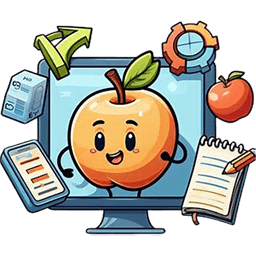
Learn about the essential software used in computer systems, including base software like an operating system and application software like word processors. The first part of the topic will cover how the software is used, while the second part will cover how software is translated so that a computer can carry out the software’s instructions.
Topic 5
The Internet and Its Uses
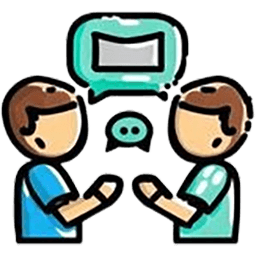
Learn about the distinctions between the internet and the World Wide Web, the concept of uniform resource locators, the functions of hypertext transfer protocols and web browsers, and the role of cookies. Understand digital currencies, Blockchain technology for tracking transactions, and explore cybersecurity threats and solutions for data protection.
Topic 6
Automated and Emerging Technologies
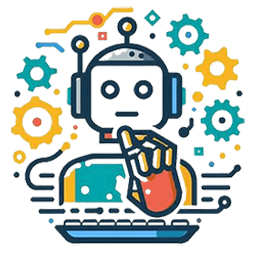
Explore automation technologies, such as robotics and artificial intelligence (AI), and understanding how they are transforming industries and daily life, study emerging technologies like Blockchain, virtual reality (VR), and the Internet of Things (IoT), and the principles behind these technologies, their applications, and the impact they have on society and the economy.
Topic 7
Algorithm Design and Problem solving
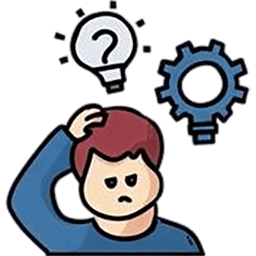
Learn about the stages of the program development cycle, computer systems and subsystems; understand problem decom-position, solution design and construction methods; comprehend the purpose and processes of algorithms; become familiar with common algorithm methods; learn about validation and verification checks for input data; and the application of various test data types.
Topic 8
Programming
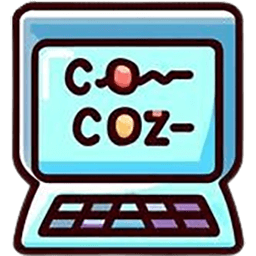
Understand and apply basic programming concepts. This involves understanding variables, data types, sequence, selection, iteration, subprograms, and file handling. Learn to write and run basic programs using a suitable programming language. The goal is to build a strong foundation in programming principles that can be used to solve problems and develop functional software solutions.
Topic 9
Databases
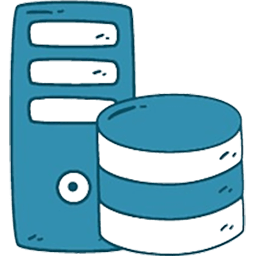
Learn about the principles of database design, creating and manipulating data-bases, querying databases to retrieve specific information, and comprehending the importance of data integrity and security within databases. Study the knowledge and using skills of databases and utilize them in various computing applications.
Topic 10
Boolean Logic
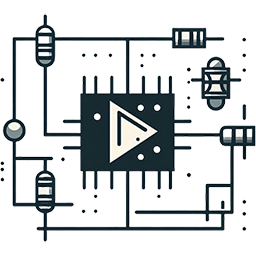
Learn about the principles of Boolean algebra and its application in computing. Explore topics such as logic gates, truth tables, Boolean expressions, and the use of Boolean logic in digital circuits and programming. Understanding the funda-mental concepts of Boolean logic, applying Boolean algebra to solve problems, de-signing and analyzing logic circuits, and utilizing Boolean expressions in program-ming.
